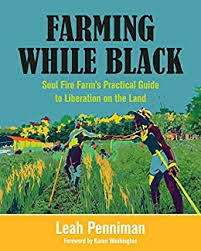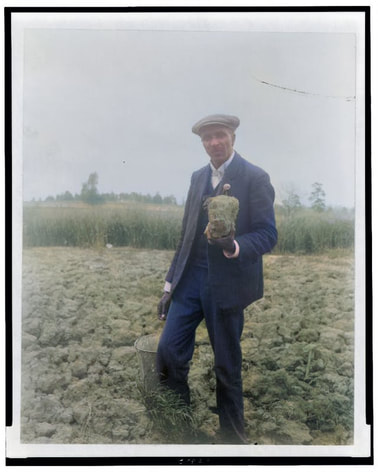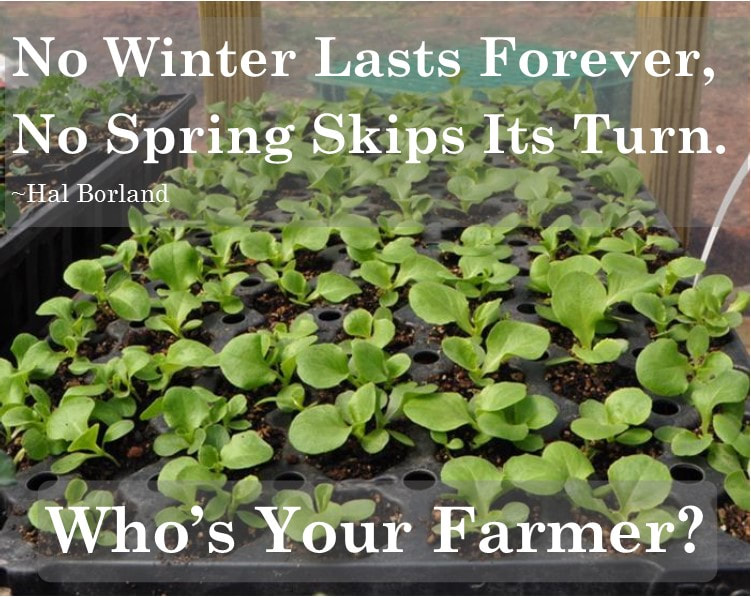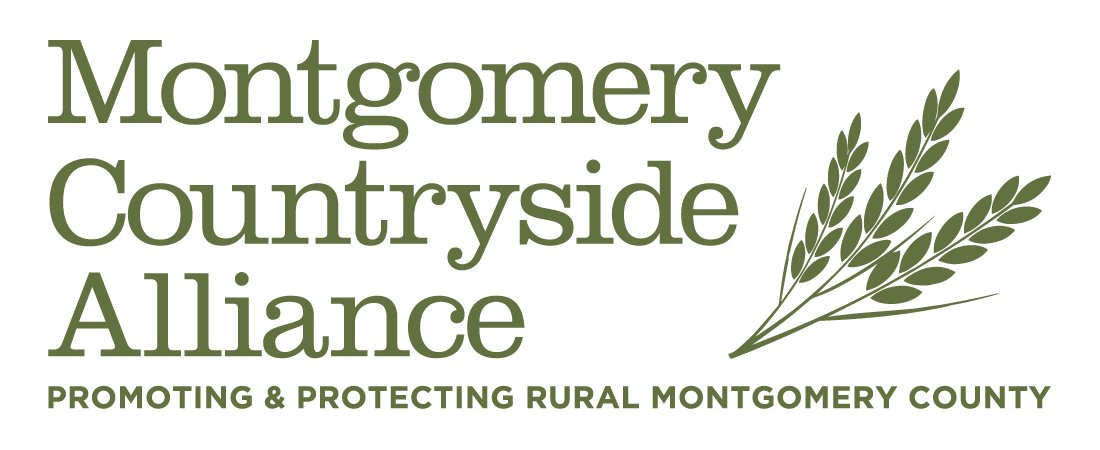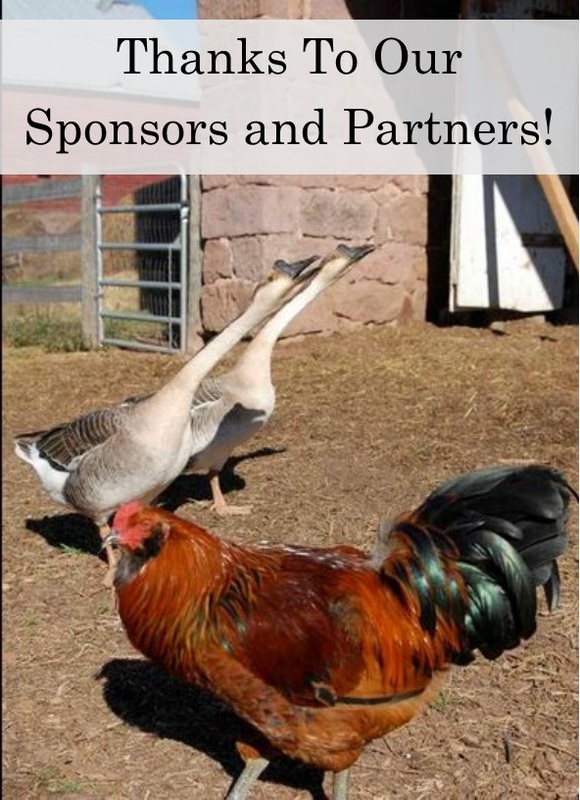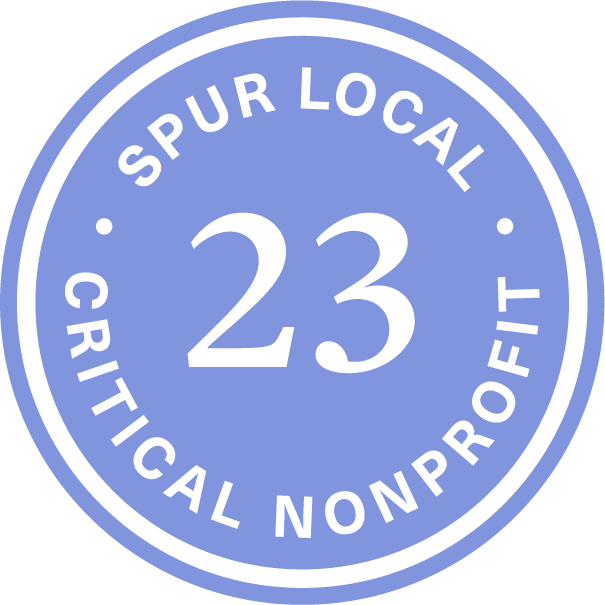As part of seeking this understanding and change, MCA staff have been reading, and strongly recommend, "Farming While Black" by Leah Penniman of Soul Fire Farm in upstate NY. This is one of a series of posts about racial justice with resources we've found helpful from this book and elsewhere.
"There were only 45,500 Black farmers — roughly 1.3% of all US farmers — in the United States in 2017 according to the most recent USDA Census of Agriculture. A century ago that figure was much, much higher. In 1920, the USDA counted 925,708 Black farmers, amounting to about 14% of all farmers at the time. Over the years, Black farmers have been driven off their land and faced discrimination from the Department of Agriculture.— roughly 1.3% of all US farmers — in the United States in 2017 according to the most recent USDA Census of Agriculture. A century ago that figure was much, much higher. In 1920, the USDA counted 925,708 Black farmers, amounting to about 14% of all farmers at the time. Over the years, Black farmers have been driven off their land and faced discrimination from the Department of Agriculture."
In fact, as mentioned in a previous post, the largest civil suit award in history - $2 billion went to Black farmers who for decades lost land, opportunities and other resources at the hands of the USDA as part of the 'Pigford' case.
It all starts by securing land. We are proud to have connected over 500 acres of land with new and expanding farmers in Montgomery County. Farmers are looking for anywhere from 1-50 acres. To learn more about leasing or renting land visit our Land Link program.

